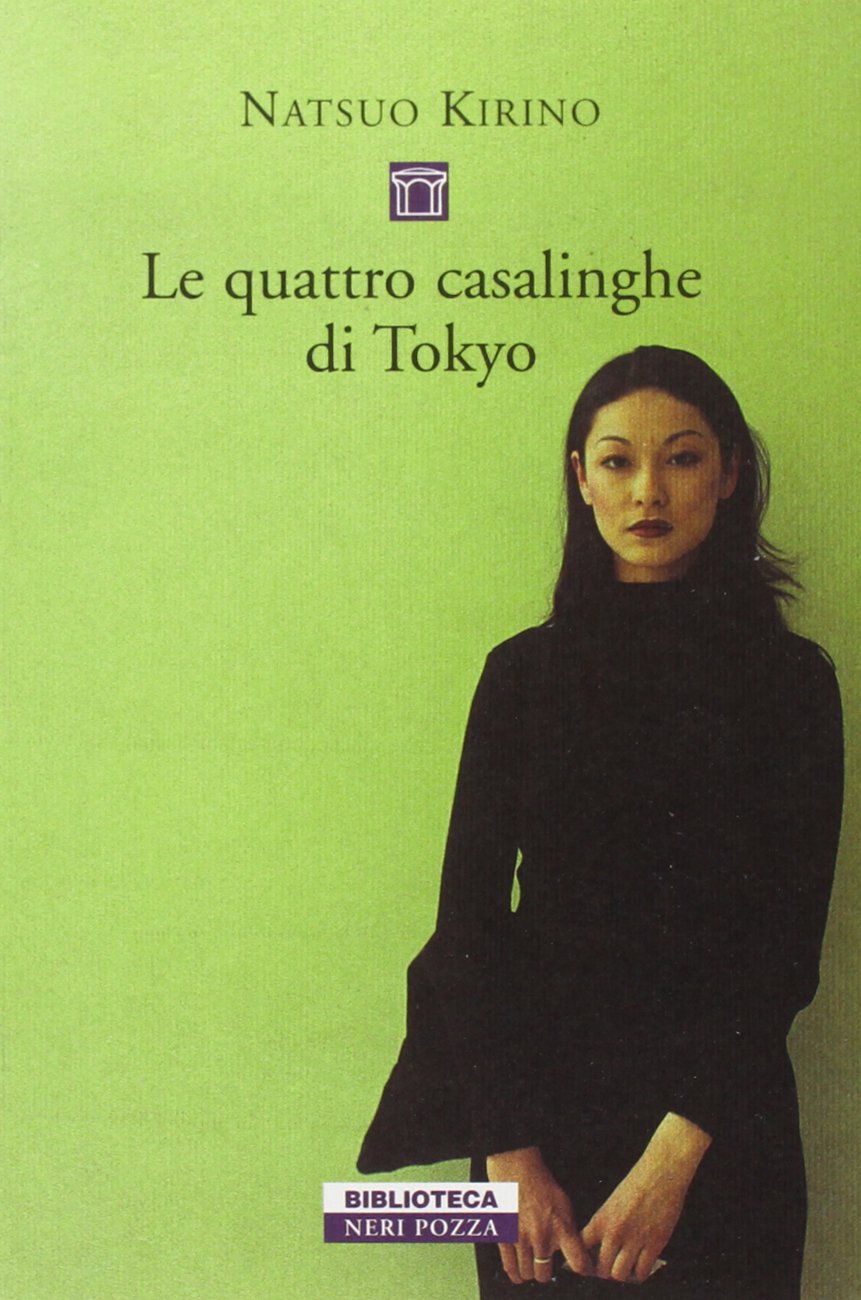ralentina reviewed Le quattro casalinghe di Tokyo by Natsuo Kirino
Did I miss something?
1 star
Content warning Major spoilers!
This book was bad! Really, really bad.Which is bad, given the set up: four women working night shifts in a ready-meal factory ends up covering a murder when one of them kills her abusive husband. As a side note: non é chiaro perché il titolo italiano sia 'le casalinghe' di Tokyo, visto che chiaramente lavorano tutte e quattro.
The writing itself is a mixed bag, generally unremarkable, with a few nice images (forgetting to put the clothes in the washing machine and watching it spin as a metaphor for life), spoiled by the fact that obviously the author liked them too, and repeated them by mistake several time in the book (to cut her some slack, it is easy now with the search and replace function).
What at first seemed a novel centring around women solidarity turns into a stereotyped account of the female nature: Masako (the operation's mastermind) is clever but jaded by an hostile working environment, Yaoyi (the murderer) is pretty and clueless, Kuniko (the traitor) is fat, ugly, obsessed with expensive clothes and sexually frustrated, Yoshie (the older one) is victimised and resentful. I suspect the writer wanted us to ambigously sympathise with Masako (carelessly charming, clever) but honestly she's judgemental as hell, as well as border line psyopathic.
But what really, really got me was the thread of the story revolving around Satake, the former yakuza member ostracised after raping a woman to death. The thing you reader have to understand, is that as he was doing that, he really experienced a height of love and pleasure and profound connection that are beyond the reach of us humble, boring mortals. This is why he is now emotionally unavailable, since all other experiences pale by comparison, until he meets Masaki and a new sadistic but intense connection is born. The fact that Masaki is the one to come out alive from the subsequent rape scene (which she enjoys, because hell, the connection is just so irresistible) does nothing to redeem this impossibly problematic plot.
I am all for placing book in their cultural and historic context and for exploring humans' dark sexual pulls, but I cannot see how celebrating sexual violence and giving credit to the narrative that women really crave for it was ever OK, sexy or provocative.

